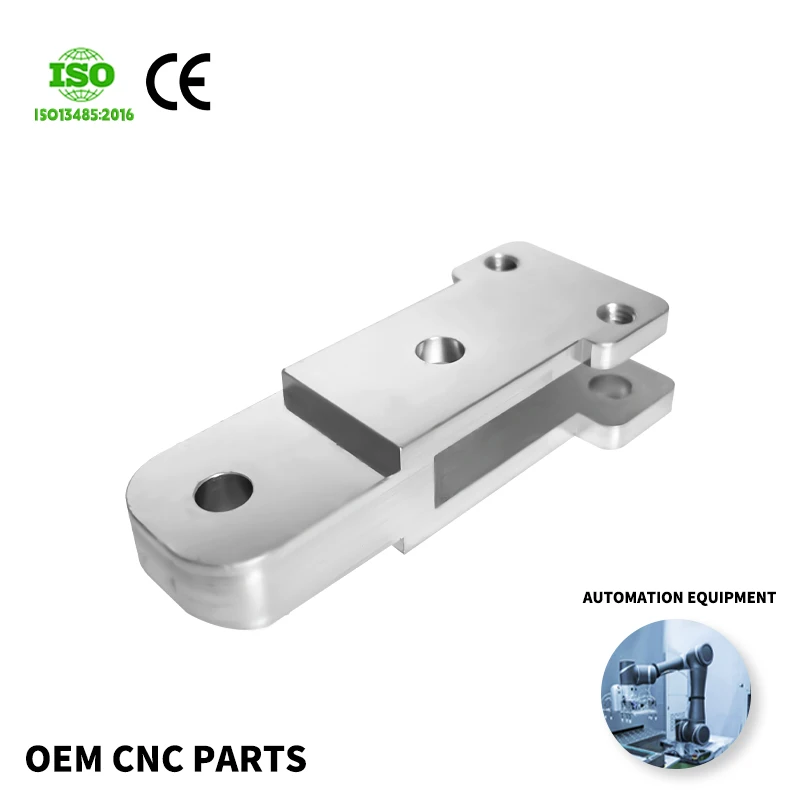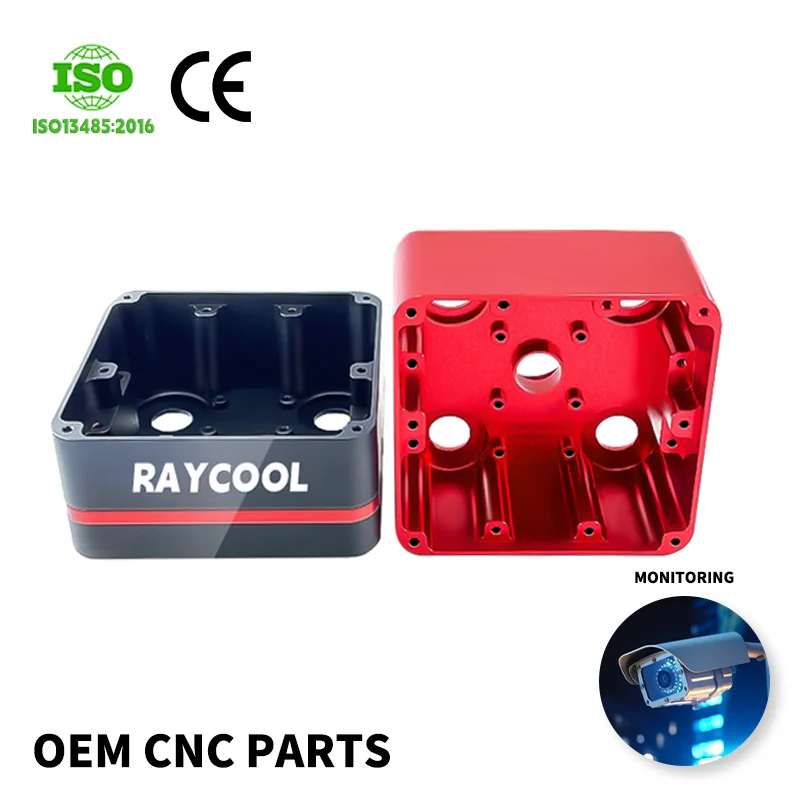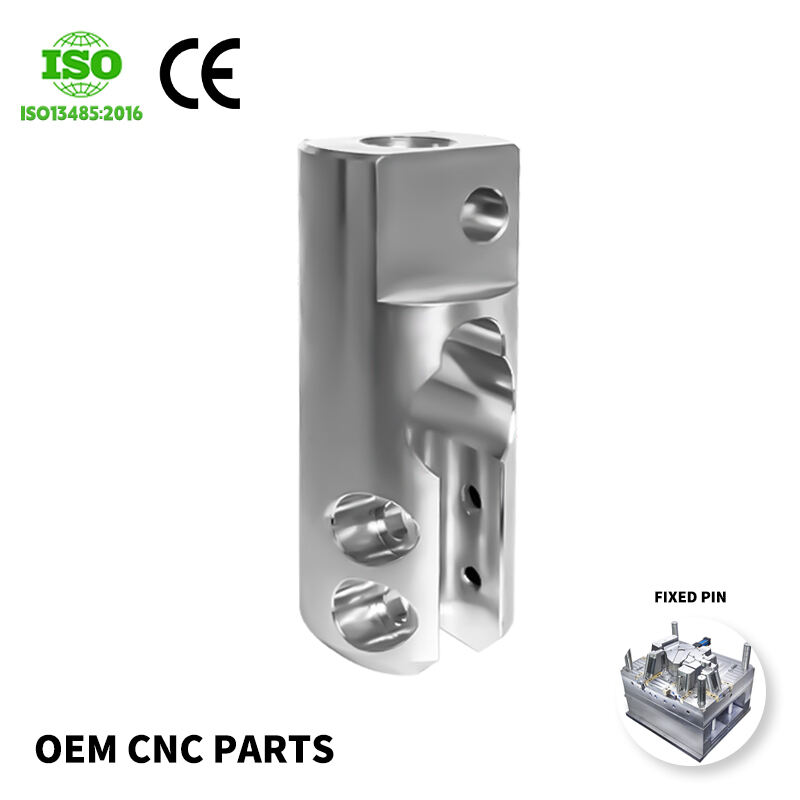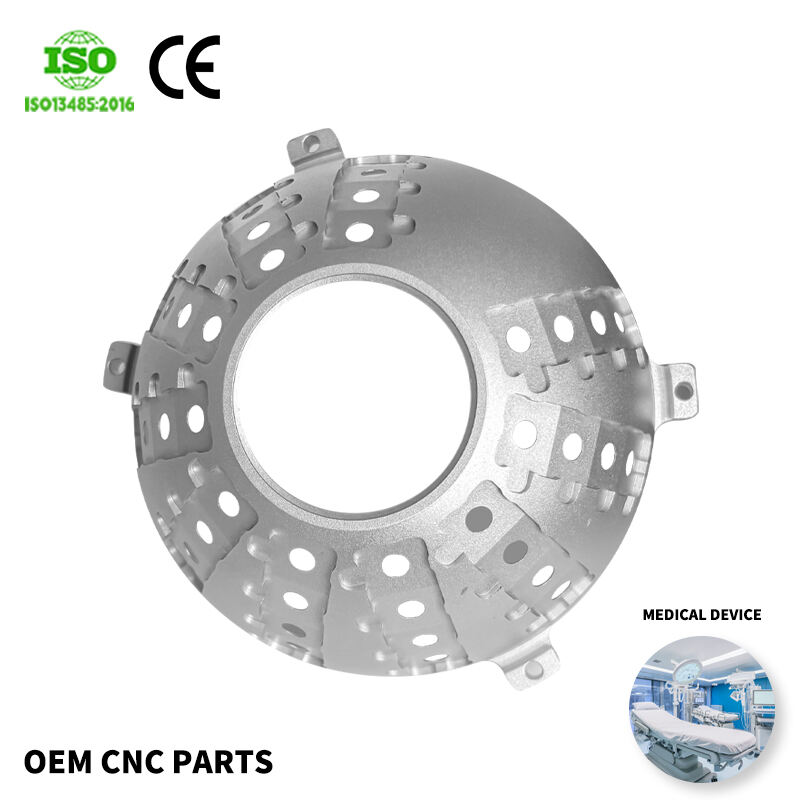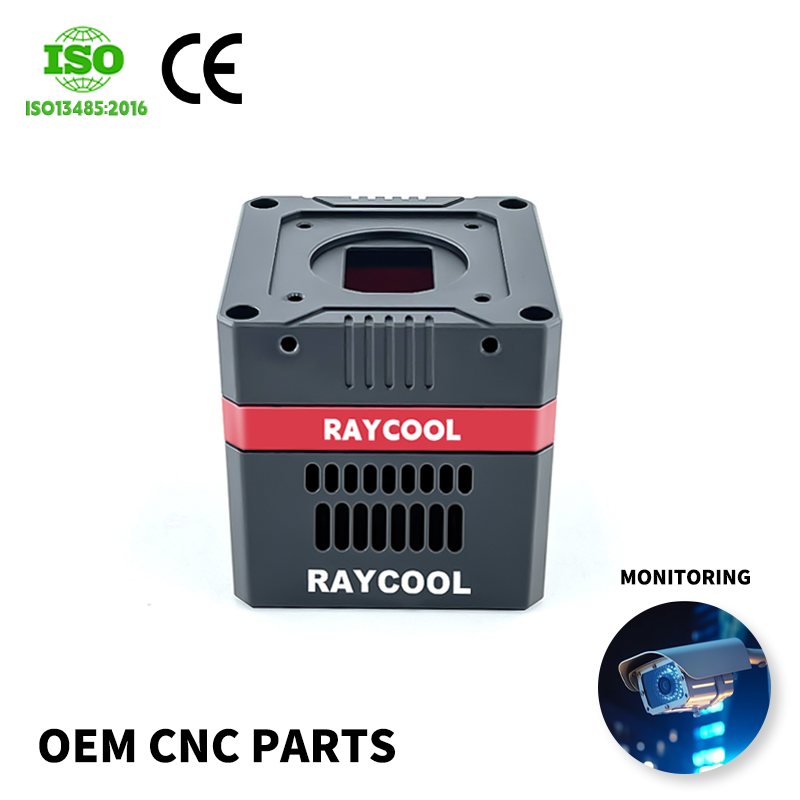precision cnc milling parts
Precision CNC milling parts represent the pinnacle of modern manufacturing technology, offering unparalleled accuracy and consistency in component production. These parts are created through a sophisticated computer-controlled process where cutting tools remove material from a workpiece to achieve precise specifications. The technology employs multi-axis machining capabilities, allowing for complex geometries and intricate features that would be impossible to achieve through conventional manufacturing methods. These components are essential in industries requiring high precision, such as aerospace, medical equipment, automotive, and electronics manufacturing. The process utilizes advanced CAD/CAM software to translate digital designs into precise machining instructions, ensuring dimensional accuracy down to micrometers. Modern CNC milling centers can perform various operations including face milling, end milling, and profile milling, all while maintaining tight tolerances and superior surface finishes. The ability to produce components with repeatable accuracy makes these parts ideal for both prototype development and high-volume production runs, while the automated nature of CNC technology ensures consistent quality across all manufactured pieces.


